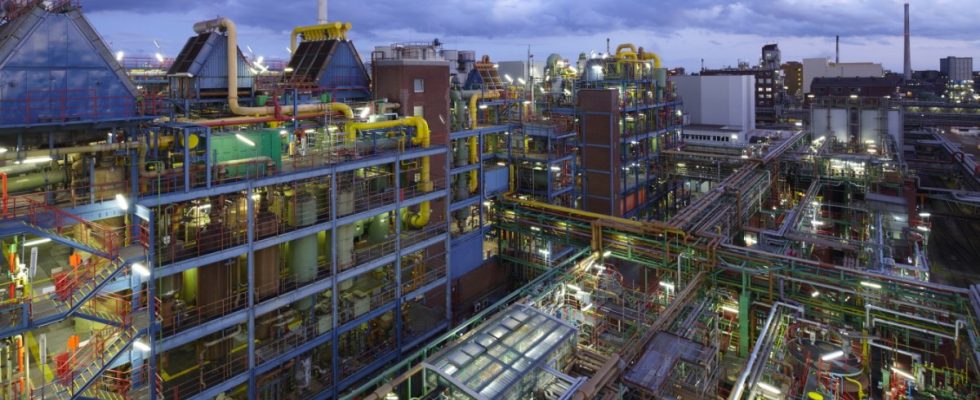The group emerged from the venerable Bayer conglomerate. It employs 18,000 people worldwide, including almost 8,000 in Germany. And its shares have been listed in the most important local stock exchange index, Dax, for five and a half years: The plastics manufacturer Covestro is a heavyweight in the German economy. Nevertheless, the company could soon belong to an Arab oil and gas company. Because the Abu Dhabi National Oil Company (Adnoc) wants to buy Covestro; The Leverkusen management is now starting negotiations with the state-owned company from the United Arab Emirates.
If the talks come to a conclusion, some politicians will be outraged, which is as expected as sunshine in the Abu Dhabi desert: an Arab state-owned company, closely linked to the autocratic government there, is grabbing a DAX company – this is a sell-out of the German one Economy, extremely dangerous and best stopped before it is too late. Germany should not be naive. The criticism will be something like this.
The concern and caution of such skeptics is inherently welcome. In the case of Covestro, however, it overshoots the mark by far.
However, there have been other cases in the past where more caution would have been urgently needed. For example, when a Chinese company bought the Augsburg robot manufacturer Kuka in 2016. As a result, strategically important technology made in Germany has fallen into the hands of rival China. But since then the tide has changed, both in Berlin and in the EU capital Brussels: naivety has given way to healthy mistrust.
Brussels and Berlin have upgraded
So has the federal government the foreign trade law tightened and with it the examination of whether takeovers by foreign companies endanger the interests of the country. A year ago, Berlin banned it the purchase of a chip factory in Dortmund by Chinese. And in the EU entered this year the regulation on subsidies from third countries in force. The regulation allows the EU Commission to prohibit takeovers if the acquirer has been paid aid by the domestic government. This is likely to affect Chinese and probably also Arab state companies.
Politicians and authorities do not stand idly by when takeovers lead to strategic risks. However, there are good reasons to assume that this would not be the case with Covestro. For example, the group produces foams for car seats and special resins for wind turbine rotor blades. It is an indispensable supplier for downstream industries. The Leverkusen-based company is also investing in innovative technologies; in the future, they want to manufacture their products without the use of climate-damaging oil and natural gas and are relying on recycling.
This is all very important, but at the same time it is clear that it is not about factories for scarce computer chips or the operation of power grids. If politicians were to argue that Covestro was strategically too important to be bought by Arabs, almost all large industrial groups would have to be given the same protection.
Habeck traveled specifically to Abu Dhabi
But that would be fatal. Germany’s export-dependent industry is dependent on open world markets. Local companies invest and buy a lot abroad, and at the same time Germany also benefits from investments from abroad. Therefore, bans on takeovers should remain the exception and not the rule.
Furthermore, it cannot be ruled out that Covestro would benefit from a change of ownership. According to reports, the state-owned company from Abu Dhabi promises that the Leverkusen-based company will not be merged with other companies but will remain independent. The Arabs also want to make money available for investments and supply climate-friendly – so-called green – hydrogen in the future so that Covestro can say goodbye to oil and gas.
Federal Minister of Economics Robert Habeck traveled to Abu Dhabi a year agoto win the Emirates as a supplier of green hydrogen. One could even argue that buying Covestro would strengthen this partnership.

